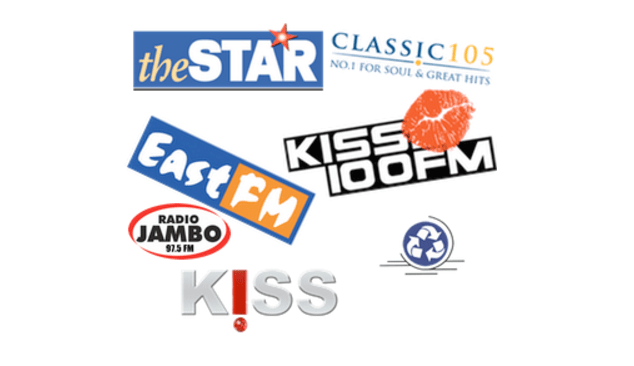Government Threatens to Revoke Standard Group’s Licenses Over KSh 48m Debt
Today, tensions between The Standard Group PLC, one of Kenya’s oldest and most influential media houses, and the Kenyan government reached a boiling point. The Communications Authority of Kenya (CA) initiated proceedings to revoke all of Standard Group’s broadcasting licenses, citing an outstanding debt of KSh 48.7 million. The media giant, which operates The Standard newspaper, KTN News, and several radio stations, has hit back, accusing the government of weaponizing the debt to silence its critical reporting on the Kenya Kwanza administration. This escalating row has sparked a fierce debate about press freedom, government overreach, and the precarious state of Kenya’s media landscape.
The Spark: A Disputed Debt
The CA’s move stems from Standard Group’s alleged failure to clear KSh 48,729,488.10, comprising KSh 13.7 million in license fees and KSh 34.9 million in Universal Service Fund (USF) levies. In a letter dated April 9, 2025, CA Director General David Mugonyi warned that the authority would publish a revocation notice unless the debt was settled or a revised payment plan submitted. The letter claimed Standard Group had ignored multiple reminders and meetings, breaching its licensing obligations.
Standard Group, however, tells a different story. CEO Chacha Mwita revealed that the company had already paid KSh 10 million on December 27, 2024, and committed to KSh 24 million more after concluding a Rights Issue. Additionally, it agreed to monthly payments of KSh 4 million starting January 2025—up from an initial KSh 2.5 million—insisting it has honored this plan. Mwita called the CA’s demands “misguided” and filed for a court injunction to block the revocation, arguing it’s a pretext to muzzle the media house’s bold journalism.
A Deeper Grievance: Unpaid Government Ads
At the heart of Standard Group’s defense is a counterclaim that the government owes it over KSh 1.2 billion in unpaid advertising revenue. Mwita questioned the CA’s pursuit of KSh 48 million when the state’s debt dwarfs it, suggesting a double standard. Posts on X echoed this sentiment, with users like @Colettaaluda_1
alleging the government is “blackmailing” Standard Group to suppress its exposés. Some reports indicate the debt was audited down to KSh 700 million, with KSh 350 million already paid, but Standard Group insists the full amount remains unresolved.
The media house’s financial woes aren’t new. In 2019, it faced a crisis when the government, its largest advertiser, slashed budgets and funneled ads through a state agency, forcing media houses to accept lower rates. This, coupled with a ban on betting ads—a major revenue source—pushed Standard Group to accelerate its digital transformation, but the economic strain persists.
Press Freedom Under Fire?
Standard Group’s clash with the government comes amid growing concerns about press freedom in Kenya. Since President William Ruto’s election in August 2022, media outlets have faced increasing hostility. The Standard has been particularly vocal, publishing hard-hitting stories on alleged corruption and governance failures in the Kenya Kwanza regime. Recent headlines have drawn ire from state officials, prompting accusations of bias from government supporters.







